Winter Cover Crop Study
Wayne County farmer Jonny Harris noticed long ago that feeding winter cover crops to his cattle improves their diet, his fields and his bottom line. He wanted to show other southeastern Georgia farmers they can reap the same benefits, but he knew he needed more evidence than decades of personal experience.

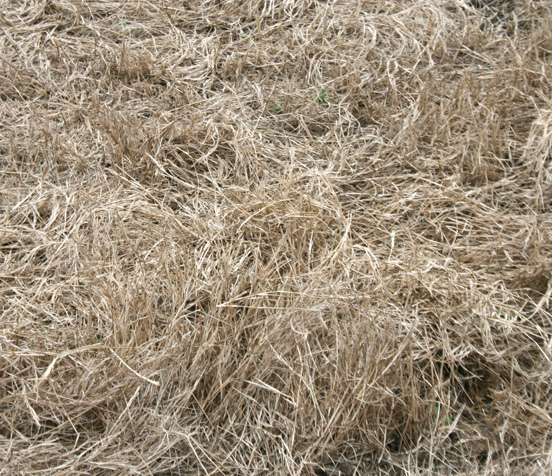
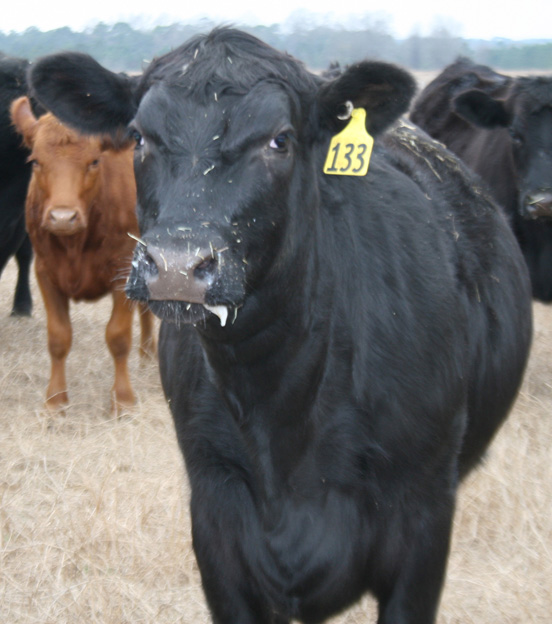
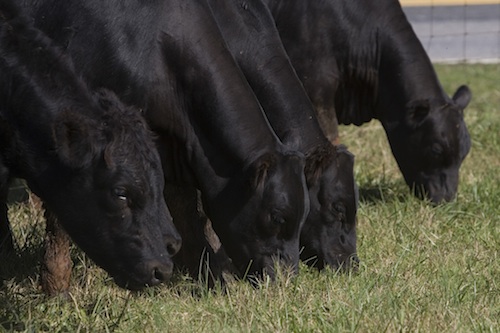
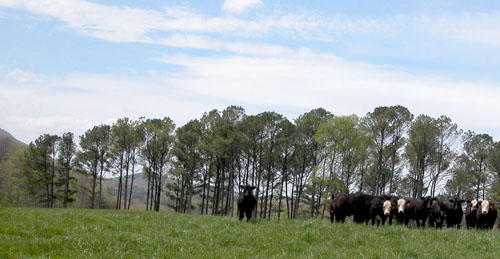
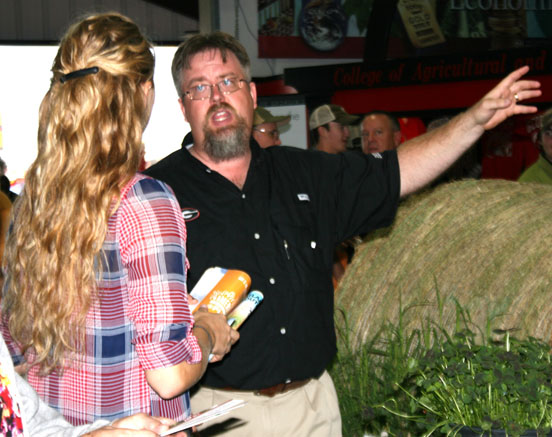
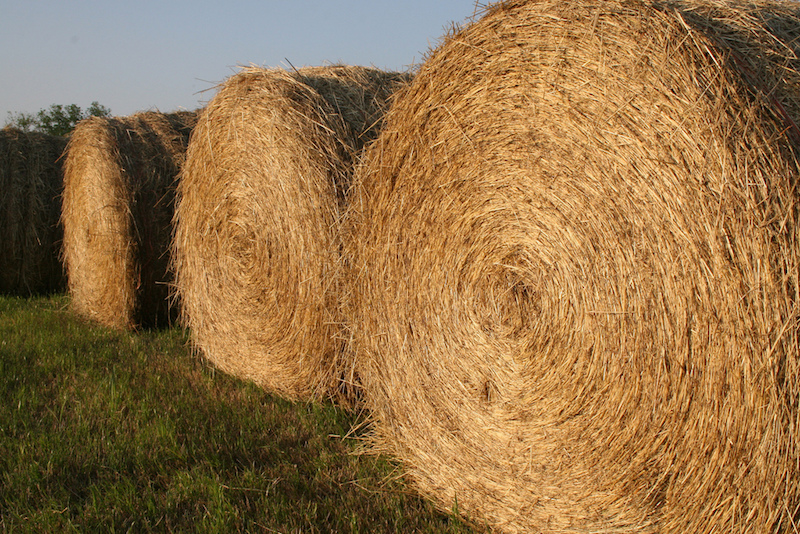
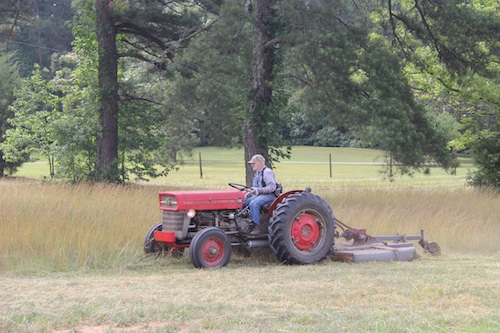
.jpg)